Adopting a senior cat has several benefits: they require less playtime and activity, which can lead to fewer incidents of damage to furniture and other household objects. Additionally, if the energy and activity of a kitten is too much for you to handle, a senior cat could be the perfect alternative.
It is important to introduce your cat to their new home gradually, restricting them to one room at first and isolating other animals during this time. Supervise children and have the litter box ready when you remove the cat from the carrier.
While senior cats may require a bit more care, they can make wonderful companions and will show gratitude and love in unbridled ways. We’ll go over the benefits of adopting a senior cat and tips for introducing them to their new home.

Credit: www.theguardian.com
Benefits Of Adopting A Senior Cat
Adopting a senior cat can be an incredibly rewarding experience for both you and your new feline friend. Not only are you giving a deserving animal a second chance at a loving home, but there are also a host of benefits that come with adopting an older cat.
Fewer Incidents Of Damage In The House
Unlike kittens or younger cats, senior cats tend to have a lower energy level and a calmer disposition, which can make them less likely to cause damage around the house. You won’t have to worry about your new furry friend knocking over vases or scratching up your furniture.
Lower Energy And Activity Levels
If you’re not looking for a high-energy pet, a senior cat might be a perfect match. Their lower activity levels make them ideal for people who are less active or don’t have the time to dedicate to an exercise-heavy pet. They still enjoy playing and affection, but at a pace that’s more manageable.
Form Strong Bonds With Their New Owners
Despite what some people may think, senior cats have just as much potential to bond with new owners as younger cats do. In fact, they may even form stronger bonds due to their calmer, more laid-back nature. They are often more appreciative of the love and care they receive and can make loyal companions.
Easier To Introduce To A New Home
When adopting an older cat, you’ll likely find that they are already well-trained to use a litter box and are used to being indoors. Additionally, senior cats are often more settled in their personalities, making it easier to predict how they’ll react in new situations. This ease of transition can make them a great choice for those who don’t want to deal with the challenges of introducing a new pet to their home.
Senior Cats Are Low Maintenance
Senior cats typically require less maintenance than younger cats or kittens. They usually don’t need as much exercising or stimulating playtime, and often have already received their necessary vaccinations and procedures. This can save you time and money, while also benefiting the cats themselves who often need a bit of extra care in their twilight years.
Rewarding Experience Of Adopting An Older Pet
Adopting a senior cat can be an incredibly fulfilling experience. Not only are you providing a deserving animal with a loving home, but you’ll also have the opportunity to learn about their unique personalities and create memories that you’ll treasure for years to come. You may even find that adopting a senior cat is more rewarding than adopting a kitten or younger cat.
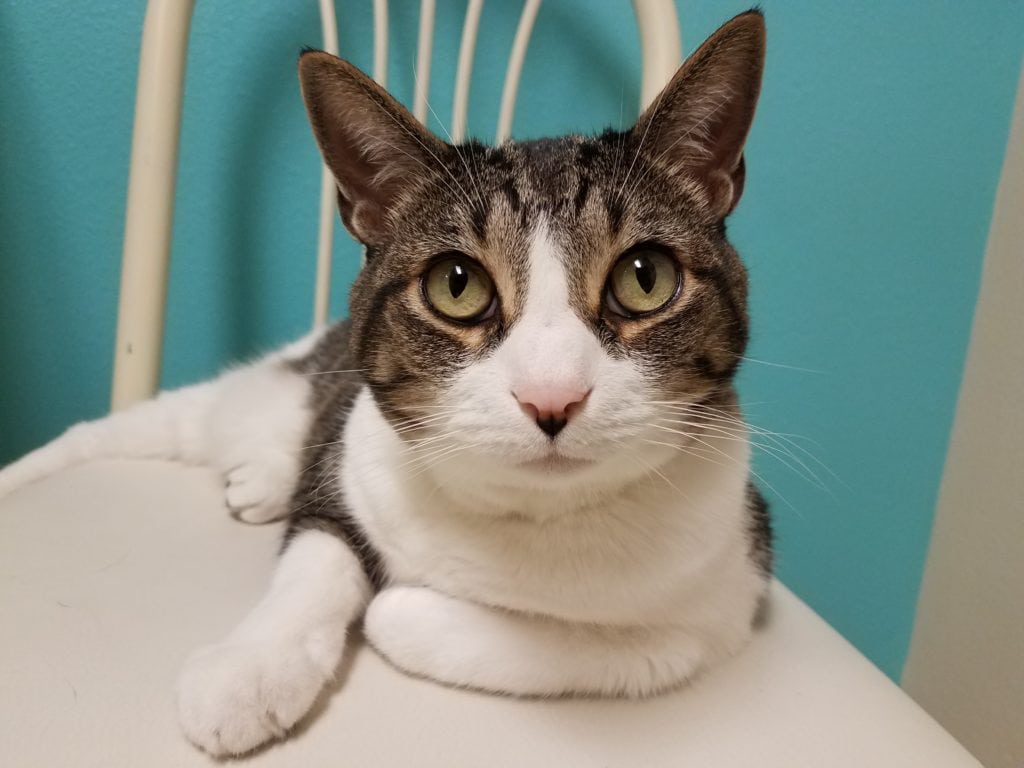
Credit: catadoptionteam.org
Living with a Senior Cat
Creating a Comfortable Living Environment
For senior cats, a cozy and accessible environment is paramount to their well-being. Start by ensuring their resting areas are warm and snug, with easy access to avoid unnecessary strain on their joints. Consider heated beds for extra comfort, especially in colder months. Additionally, ensure litter boxes are low-sided for easy entry and exit, and place food and water bowls in easily reachable locations to encourage hydration and regular feeding.
Daily Care Routines for Your Senior Cat
Consistency and attention to detail are key in daily care routines for senior cats. Regular grooming helps manage shedding and prevents matting, especially in cats that may have lost some of their self-grooming abilities. Dental care is also crucial to avoid complications that could affect their overall health. Monitor their eating habits, weight, and litter box usage closely, as changes can indicate health issues.
Mental and Physical Stimulation: Keeping Your Cat Active
Keeping your senior cat mentally and physically stimulated is essential for maintaining their health and happiness. Engage in gentle play that encourages movement without overexertion, like light chasing games or toys that stimulate their hunting instincts. Puzzle feeders can also keep them mentally sharp by making them work for their food.
Special Considerations for Senior Cats
Handling Mobility Issues
Mobility can be a significant challenge for older cats. Ramps or steps can help them reach their favorite spots without jumping, reducing the risk of injury. Non-slip mats and rugs can provide additional support and confidence on slippery surfaces. Regular, gentle exercise, as advised by a veterinarian, can also help maintain muscle tone and flexibility.
Dealing with Sensory Decline: Sight, Hearing, and Smell
Sensory decline is common in senior cats, affecting their sight, hearing, and smell. Keep their living environment consistent to avoid confusion or accidents, and approach them softly to not startle them if their hearing is diminished. Enhanced flavors and scents in their food can help stimulate their appetite if their sense of smell has declined.
Managing Chronic Conditions and Medications
Many senior cats live with chronic conditions requiring medication or special care. Work closely with your veterinarian to understand their needs and manage any treatments effectively. Keep a strict medication schedule, and monitor for any side effects or changes in behavior that could indicate issues with their treatment plan.
Bonding with Your Senior Cat
Tips for Bonding with Your New Companion
Bonding with a senior cat can be a deeply rewarding experience. Spend quiet time together to build trust, using soft voices and gentle petting to convey safety and affection. Recognize and respect their boundaries, and allow them to initiate contact as they become more comfortable with you.
Understanding Your Senior Cat’s Needs and Behavior
Understanding the unique needs and behaviors of your senior cat is crucial for a harmonious relationship. Be patient as they adapt to their new environment and routines. Pay attention to their cues for interaction or solitude, and adjust your approach accordingly to their comfort levels and health needs.
Patience and Love: Building Trust Over Time
Building a trusting relationship with a senior cat takes time, patience, and love. Celebrate small milestones in your bond, and remain consistent in your care and affection. Over time, your senior cat will come to see you as a trusted companion, enriching your lives with a deep and meaningful connection.
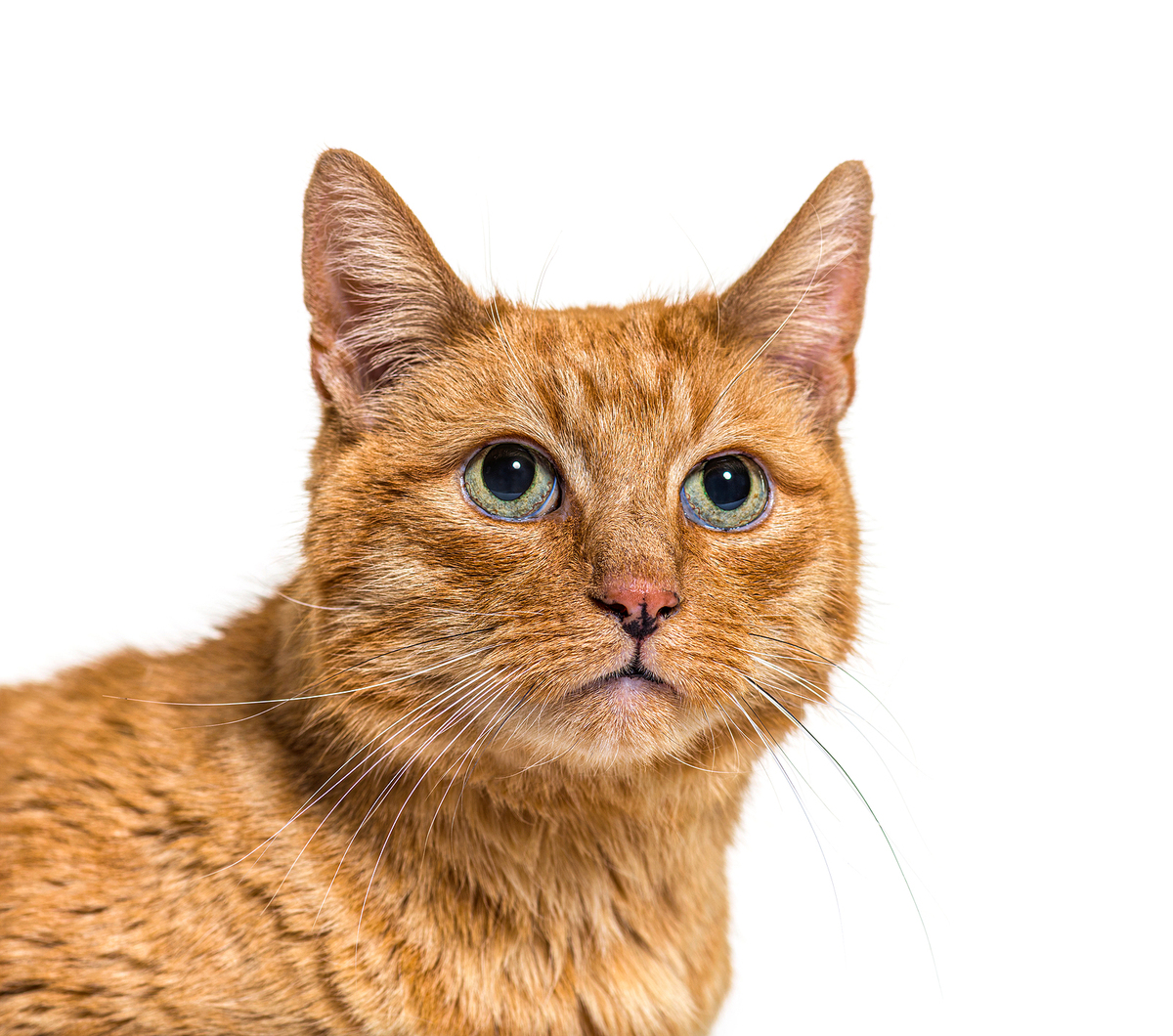
Credit: forevervets.com
Frequently Asked Questions For Adopting A Senior Cat
Is It Okay To Adopt An Older Cat?
Yes, it is perfectly okay to adopt an older cat. In fact, there are many benefits to adopting an older cat, such as decreased activity levels leading to less damage to furniture and a potentially easier transition into your home.
Some older cats may have health concerns but they still make wonderful and loving companions.
Do Older Cats Bond With New Owners?
Yes, older cats can bond with new owners. It is a myth that adult cats cannot form a bond with their new owners. They may take some time to adjust to their new surroundings, but with patience and love, they can form a strong bond with their new owners.
Slowly introducing them to their new home and providing them with care and attention can help them adjust easily.
How Do You Adjust A Senior Cat To A New Home?
Introduce your senior cat to the new home gradually, allowing them to adjust to one room at first. Keep them away from other pets and monitor children around them. Ensure the litter box is ready upon arrival. As senior cats are less active, they would require less playtime and household objects would be much safer.
Are Senior Cats Hard To Take Care Of?
Senior cats are not necessarily hard to take care of, but they may have different needs than younger cats. They tend to be less active and playful, may sleep more, and may have trouble reaching their favorite places. However, adopting an older cat has its benefits, as they require less playtime and activity, leading to fewer incidents of damage to furniture and other household objects.
Additionally, senior cats can form a strong bond with their new owners.
Conclusion
Adopting a senior cat can be one of the most fulfilling experiences for both the cat and the owner. The benefits of adopting an older cat include their calm demeanor, low maintenance lifestyle, and the fact that they are often already trained.
Senior cats also form strong bonds with their owners and bring immeasurable joy and companionship. So if you are considering adopting a cat, don’t overlook the option of adopting a senior cat, as they are often the most in need of a loving home.


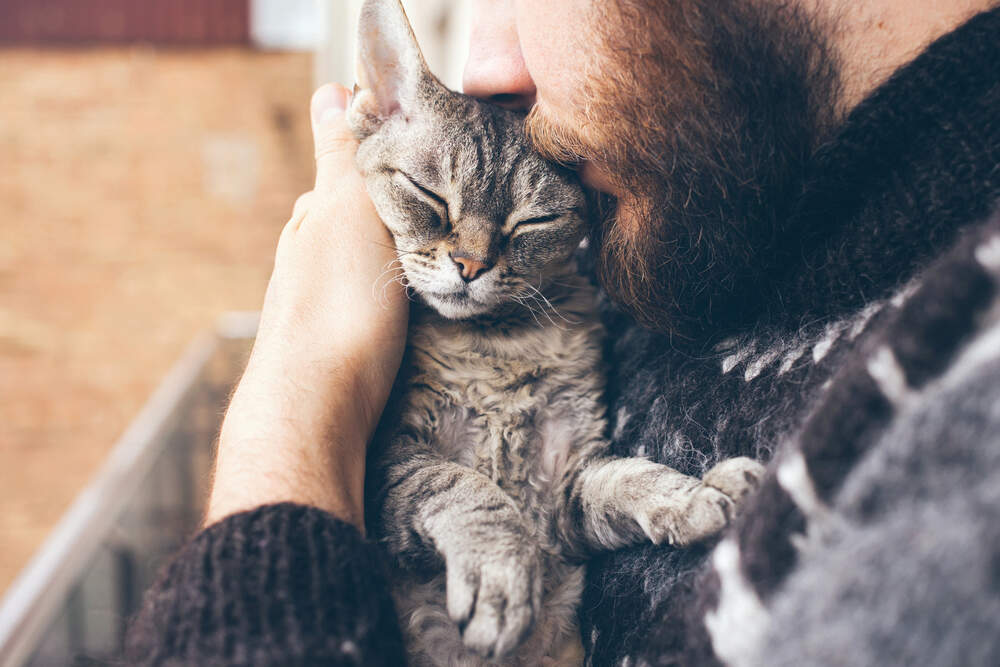
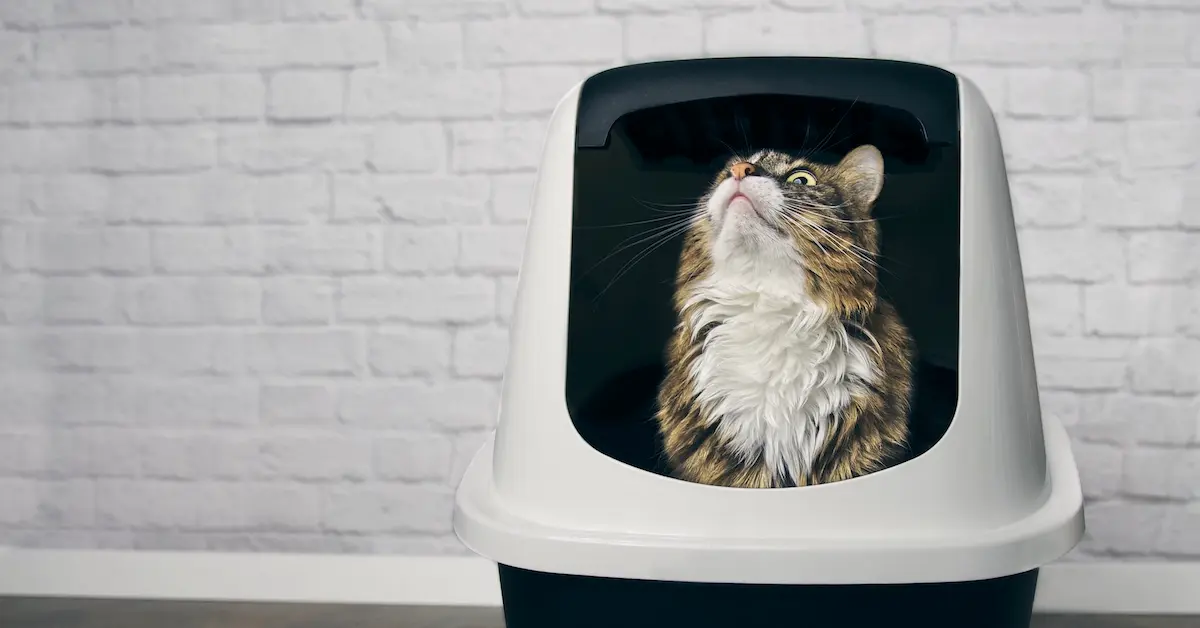
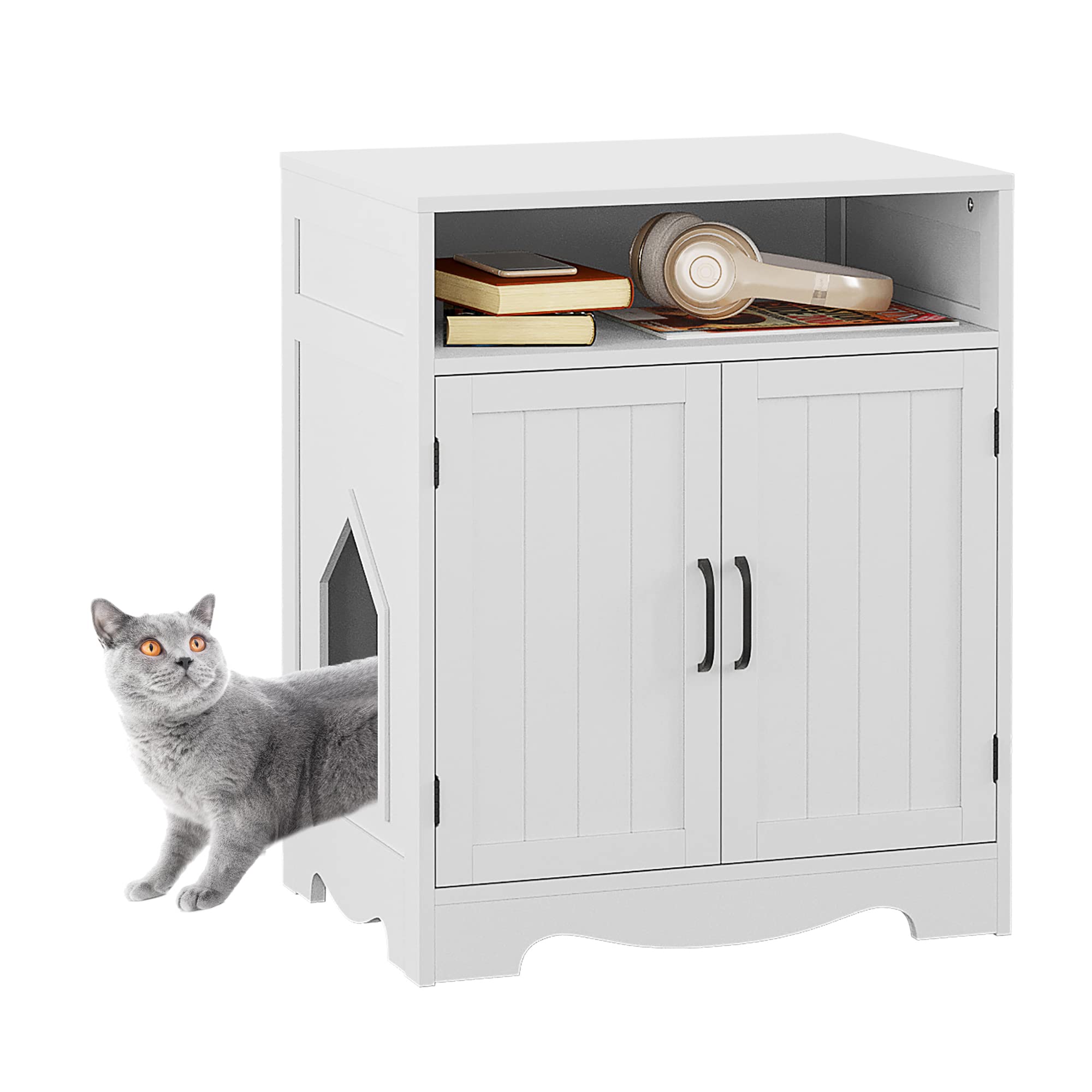
3 Responses